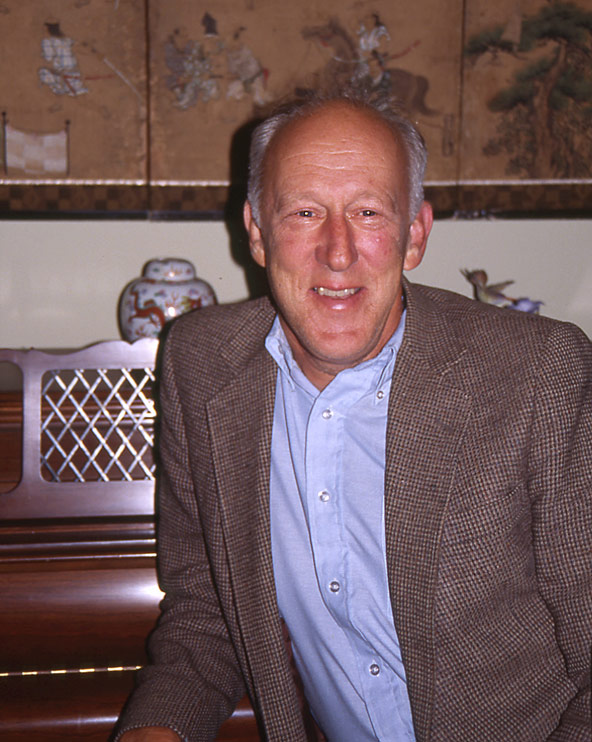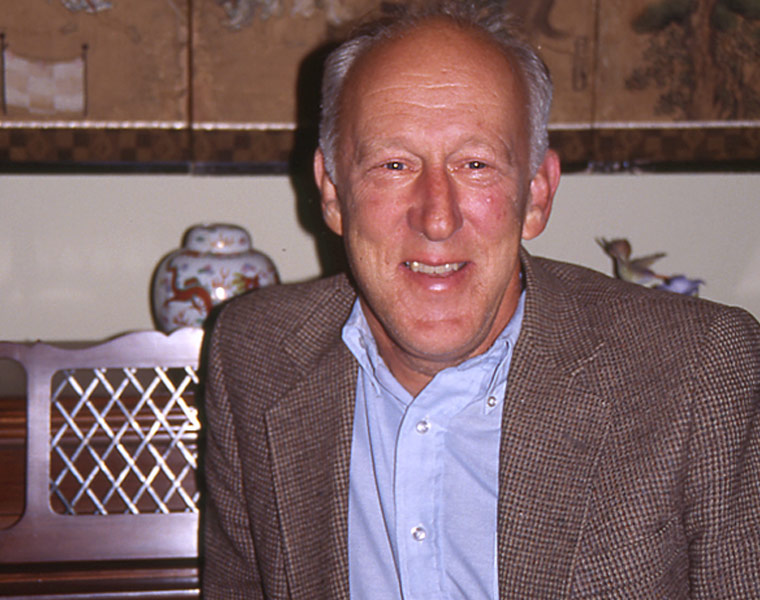
Over the course of a successful career in academia and medical research, Duncan Neuhauser was best known for his investment in the success of others. Those who knew him often recall the ways he helped nurture their career growth by offering support and kindness.
And through those he helped grow, his memory will live on. Neuhauser, professor emeritus of epidemiology and biostatistics at the School of Medicine, passed away last month. He was 82.
“He always seemed more concerned with what you were doing than what he had done or was doing,” recalled David C. Aron, professor of medicine.
Beyond his inclination to focus on others’ work, Neuhauser contributed greatly to medical education, paying particular attention to clinical decision analysis and cost effectiveness in health care. A prolific researcher, Neuhauser had more than 180 peer-reviewed papers and was inducted into the National Academy of Medicine.
A 1961 Harvard University graduate, Neuhauser went on to earn a master’s degree in hospital administration from the University of Michigan and an MBA and PhD from the University of Chicago. He joined the Case Western Reserve University faculty in 1979 and became an emeritus professor in 2011.
At the heart of all of Neuhauser’s work was the desire to think big.
“[Neuhauser] was among the best ‘idea’ people I have ever met,” Aron remembered. “In every conversation I had with him, he came up with something, usually in the form of a question or a suggestion about a study.”
An attendee at many conferences, Neuhauser could most often be found in the hallways, rather than the lecture rooms. It was those in-between spaces where he felt the best conversations could be had.
Aleece Caron, associate professor of medicine and a former mentee of Neuhauser, said his approach to conferences rubbed off on others; many of his colleagues now take the same approach to finding inspiration.
As a speaker, Neuhauser sought to push boundaries. Former colleague and mentee Linda Headrick said: “He once told me that he was always disappointed if he gave a talk and no one took issue with something that he said. He took that to mean that he wasn’t thinking boldly enough and thus needed to go back and think some more.”
Neuhauser is also remembered as a connector. He brought people together, leveraging his extensive network.
His network was so widespread that Caron has received international calls and emails while collecting memories of Neuhauser. “He touched so many people at the university and all over the world,” she said.
When Neuhauser retired in 2014, his colleagues launched a lecture series in his honor to focus on medical quality in Cleveland. In light of his death, the School of Medicine plans to create an endowment to expand The MetroHealth Annual Duncan Neuhauser Quality Improvement Lecture.
Headrick shared how Neuhauser inspired her: “Duncan, thank you for everything, including teaching me to think boldly. I’ll never catch up to you on that, but it’s been fun trying.”
Students who would like support during this time are encouraged to contact counseling services at 216.368.5872. This line is staffed by a counselor 24 hours a day, seven days a week. Faculty and staff can access counseling at any time by calling IMPACT Solutions at 1.800.227.6007; you can learn more about their programs at myimpactsolution.com.

